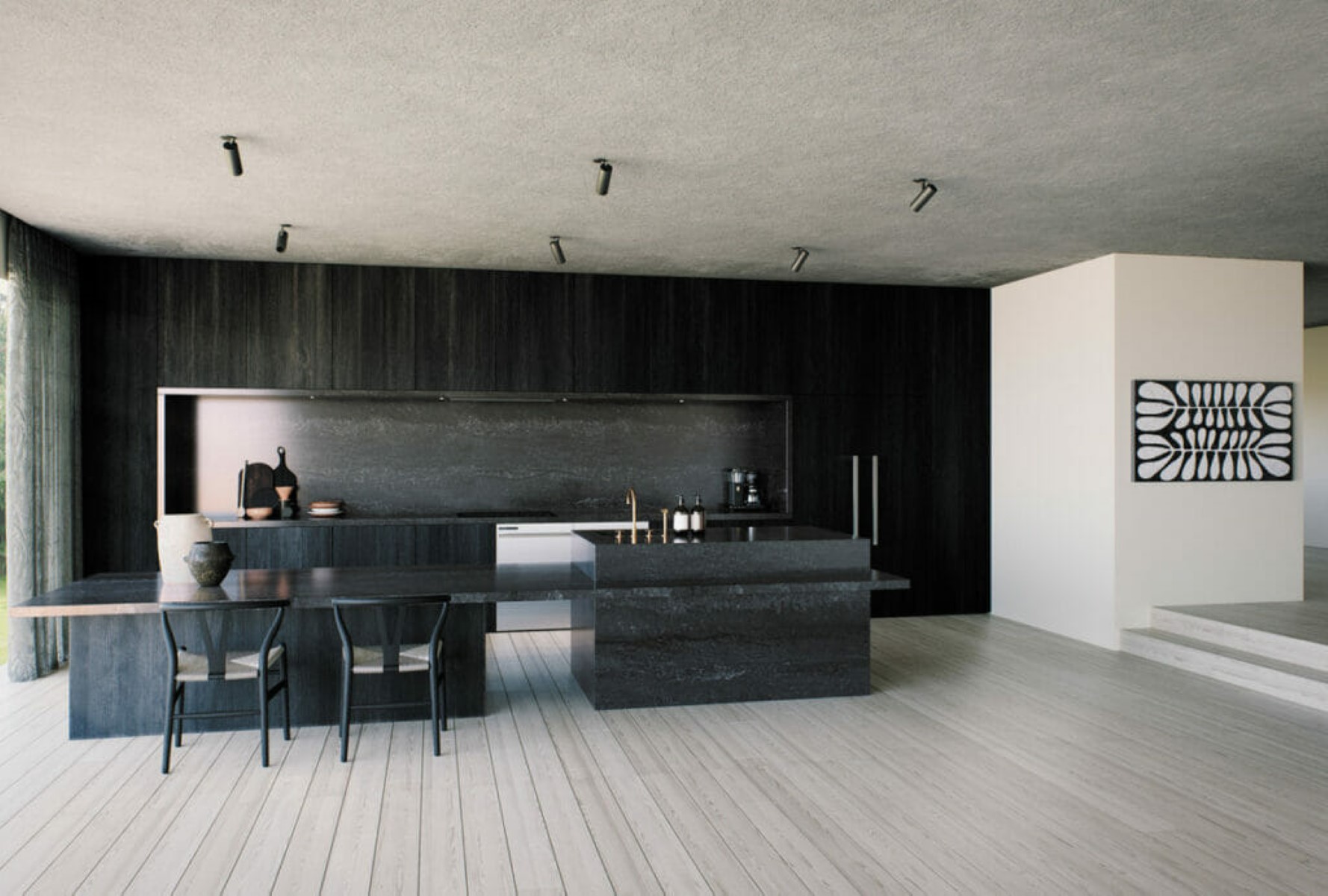

Articles
What Are Quartzite Countertops
Modified: February 24, 2024
Discover the beauty and durability of quartzite countertops in our informative articles. Learn about the benefits, care tips, and design options for this stunning natural stone.
(Many of the links in this article redirect to a specific reviewed product. Your purchase of these products through affiliate links helps to generate commission for Storables.com, at no extra cost. Learn more)
Introduction
When it comes to adding beauty and functionality to your kitchen or bathroom, choosing the right countertop material is crucial. Quartzite countertops have gained popularity in recent years due to their durability and stunning appearance. If you’re considering quartzite countertops for your home, this article will provide you with a comprehensive overview of what they are, their composition, characteristics, pros and cons, maintenance tips, cost, and more.
Quartzite countertops are a natural stone surface that is formed when sandstone is subjected to intense heat and pressure within the Earth’s crust. The process of metamorphism causes the sandstone to recrystallize, resulting in a much harder and denser material known as quartzite. This natural stone is known for its incredible strength and durability, making it an excellent choice for countertops that can withstand daily wear and tear.
One of the most appealing aspects of quartzite countertops is their unique and beautiful appearance. The natural stone exhibits a wide range of colors and patterns, including shades of white, gray, beige, and even vibrant hues like blue or green. Each slab of quartzite is truly one-of-a-kind, with its own distinct veining and patterns, giving your countertop a truly unique and luxurious look.
Furthermore, quartzite countertops offer a high level of resistance to heat, staining, scratching, and etching. This makes them ideal for busy kitchens and bathrooms where spills, hot pans, and sharp objects are common. The hardness of quartzite also provides excellent resistance to impact, reducing the chances of chips or cracks occurring on the surface.
However, it is important to note that quartzite countertops, like any other material, have their pros and cons. Despite their durability, quartzite countertops can still be susceptible to etching if they come into contact with acidic substances like lemon juice or vinegar. Additionally, quartzite countertops may require periodic sealing to maintain their pristine appearance and protect against potential stains.
As with any home improvement project, it’s essential to weigh the advantages and disadvantages before making a decision. In the following sections, we will delve deeper into the characteristics, pros and cons, maintenance tips, cost, and other factors to consider when choosing quartzite countertops for your home.
Key Takeaways:
- Quartzite countertops offer unmatched durability, stunning natural beauty, and resistance to heat and staining, making them a worthwhile investment for homeowners seeking long-lasting and luxurious kitchen or bathroom surfaces.
- While quartzite countertops come with a higher price tag and maintenance requirements, their unique colors, patterns, and exceptional strength make them a standout choice, adding timeless elegance and value to any home.
Read more: How To Maintain Quartzite Countertops
Definition of Quartzite Countertops
Quartzite countertops are a type of natural stone surface that is highly coveted for its durability and elegant appearance. Quartzite is formed through the metamorphic process, in which sandstone is exposed to intense heat and pressure. This process causes the sandstone to undergo a transformation, resulting in a dense and hard material known as quartzite.
Quartzite is composed primarily of quartz grains, which are tightly fused together through the metamorphic process. This high quartz content gives quartzite its strength and durability, making it an excellent choice for countertops in kitchens and bathrooms.
It’s important to note that quartzite should not be confused with quartz countertops. While both materials contain quartz, they are distinct from each other. Quartz countertops, also known as engineered quartz, are man-made surfaces that are composed of about 90-95% crushed quartz and a binder like resin or polymer.
One of the distinguishing features of quartzite countertops is their natural beauty. The stone comes in a wide range of colors and patterns, from subtle whites and grays to bold blues and greens. The unique veining and texture of quartzite add depth and character to any space, making it a popular choice among homeowners and designers.
In terms of hardness, quartzite ranks high on the Mohs scale, which measures the scratch-resistance of minerals. On the scale of 1 to 10, with 10 being the hardest, quartzite typically falls between 7 and 8. This superior hardness makes quartzite countertops highly resistant to scratches, chips, and dents, ensuring that they maintain their pristine appearance even with daily use.
Quartzite countertops are also known for their heat resistance. They can withstand high temperatures without being damaged or discolored. This quality makes quartzite a safe surface for placing hot pots, pans, and other cookware directly on the countertop without the need for a trivet or heat pad.
Overall, quartzite countertops offer a winning combination of strength, durability, and beauty. Whether you’re aiming for a modern, sleek look or a more rustic and organic feel, quartzite countertops can enhance the aesthetic appeal of your kitchen or bathroom while providing a highly functional and long-lasting surface.
Composition of Quartzite
Quartzite is a metamorphic rock that is primarily composed of quartz grains. During the metamorphic process, the sandstone precursor undergoes intense heat and pressure, causing the individual quartz grains to recrystallize and fuse together tightly. This fusion creates a material that is incredibly durable and resistant to wear and tear.
In addition to quartz, quartzite may also contain other minerals such as feldspar, mica, and iron oxide. These impurities in the rock can contribute to the unique color variations and patterns found in quartzite countertops.
The percentage of quartz in quartzite can vary, but most quartzite countertops consist of over 90% quartz content. This high quartz content is what gives quartzite its exceptional hardness and resistance to scratches and impacts. Quartz is one of the hardest minerals on Earth, ranking 7 on the Mohs scale, just below the hardness of topaz and corundum.
The presence of other minerals in quartzite can influence the appearance and characteristics of the stone. For example, the presence of feldspar can result in a lighter-colored quartzite with a touch of warmth. Mica, on the other hand, creates a shimmering effect and adds a subtle sparkle to the surface of the quartzite countertops.
Iron oxide, commonly known as rust, can give quartzite countertops a range of colors from vibrant reds to deeper hues of brown and yellow. These iron oxides occur naturally within the rock and can create striking visual patterns and veining throughout the countertop surface.
While the composition of quartzite may vary from one slab to another, the mainstay of this natural stone material is quartz. This high quartz content, along with the interlocking nature of the grains, gives quartzite its exceptional strength and durability. It is this composition that makes quartzite an ideal choice for kitchen and bathroom countertops, where durability and resistance to everyday wear and tear are essential.
Characteristics of Quartzite Countertops
Quartzite countertops possess a range of characteristics that make them highly desirable for both residential and commercial applications. From their durability to their stunning aesthetics, here are some key characteristics of quartzite countertops:
1. Durability: Quartzite is an incredibly durable natural stone, known for its hardness and resistance to scratches and impacts. It ranks high on the Mohs scale, making it one of the toughest materials for countertops. This durability ensures that quartzite countertops can withstand the demands of daily use without showing signs of wear and tear.
2. Heat Resistance: Quartzite countertops are highly resistant to heat, making them suitable for use in kitchens where hot pots, pans, and other cookware are regularly placed on the surface. They can withstand high temperatures without being damaged or discolored, providing peace of mind and convenience while cooking.
3. Stain Resistance: Due to its dense composition, quartzite has a natural resistance to staining. However, it is important to note that quartzite is not completely impervious to staining. It is recommended to promptly clean up spills, especially those from darker liquids such as red wine or coffee, to minimize the risk of staining.
4. Scratch Resistance: Quartzite countertops excel in scratch resistance due to their high quartz content and interlocking grain structure. While no material is completely scratch-proof, quartzite can withstand everyday use and is less likely to show scratches compared to other countertop materials.
5. Unique Aesthetics: Quartzite countertops come in a wide range of colors and patterns, making each slab unique. From subtle whites and greys to bold blues and greens, there is a quartzite option to suit various design preferences. The natural veining and texture of quartzite contribute to its visual appeal, providing depth and character to any space.
6. Versatility: Quartzite’s durability and resistance to heat and staining make it a suitable choice for various applications, including kitchen countertops, bathroom vanity tops, and even outdoor surfaces. Its natural beauty and strength make it a versatile material that can enhance the aesthetics of any space.
7. Longevity: With proper care and maintenance, quartzite countertops can last a lifetime. Their durability and resistance to wear ensure that they retain their beauty and functionality for years to come, making them a worthwhile investment for your home.
It is important to consider these characteristics when selecting quartzite countertops for your space. By understanding the unique qualities of quartzite, you can make an informed decision that aligns with your design preferences and lifestyle needs.
Pros and Cons of Quartzite Countertops
Quartzite countertops offer a range of advantages and disadvantages that should be considered when deciding whether they are the right choice for your kitchen or bathroom. Let’s take a closer look at the pros and cons of quartzite countertops:
Pros of Quartzite Countertops:
- Durability: Quartzite countertops are highly durable and can withstand the demands of daily use. They are resistant to scratches, impacts, and heat, providing a long-lasting surface that maintains its pristine appearance for years.
- Natural Beauty: Quartzite offers a stunning natural beauty, with each slab unique in its colors, patterns, and veining. The visual appeal of quartzite countertops adds elegance and sophistication to any kitchen or bathroom design.
- Heat Resistance: Quartzite is heat resistant, allowing you to place hot pots and pans directly on the countertop without the risk of damage or discoloration.
- Stain Resistance: Quartzite is naturally resistant to staining, making it easier to clean and maintain. However, it is still recommended to promptly clean up spills to prevent potential staining.
- Scratch Resistance: Quartzite’s hardness and durability make it highly scratch resistant, reducing the chances of visible scratches appearing on the surface.
- Versatility: Quartzite countertops can be used in various applications, including kitchens, bathrooms, and outdoor spaces, due to their durability and resistance to the elements.
Cons of Quartzite Countertops:
- Price: Quartzite countertops tend to be more expensive compared to other countertop materials. The unique beauty and durability come at a higher price point, so it’s essential to consider your budget when selecting quartzite.
- Etching: Although quartzite is resistant to staining, it can still be susceptible to etching when exposed to acidic substances such as lemon juice or vinegar. It’s crucial to promptly clean up spills and use cutting boards and trivets to prevent etching.
- Maintenance: Proper care and maintenance are necessary to preserve the appearance and longevity of quartzite countertops. This includes regular sealing to protect against potential stains and maintaining a cleaning routine tailored to the specific needs of quartzite.
- Limited Availability: While quartzite is becoming more popular, the availability of certain colors and patterns may be limited compared to other countertop materials. It’s essential to work with a reputable supplier to ensure you have access to a wide selection of quartzite slabs.
Considering the pros and cons of quartzite countertops will help you make an informed decision based on your lifestyle, design preferences, and budget. While they offer exceptional durability and natural beauty, it’s important to be aware of the maintenance requirements and potential challenges that come with choosing quartzite as your countertop material.
When cleaning quartzite countertops, avoid using acidic or abrasive cleaners as they can damage the surface. Instead, use a mild soap and water solution for regular cleaning.
Read more: How Much Are Quartzite Countertops
Comparison with Other Countertop Materials
When it comes to choosing the right countertop material for your kitchen or bathroom, it’s helpful to compare quartzite with other popular options to determine which one best suits your needs. Here is a comparison between quartzite countertops and other common countertop materials:
- Quartzite vs. Granite: Both quartzite and granite are natural stone materials with excellent durability. However, quartzite tends to be more heat resistant and less prone to staining compared to granite. While granite offers a wider range of color options, quartzite provides unique veining and patterns that give it a distinctive appearance.
- Quartzite vs. Marble: Marble is known for its luxurious appearance and softer, more elegant look. However, marble is more prone to scratches and staining compared to quartzite. Quartzite is also more heat resistant than marble. It’s important to note that both marble and quartzite require regular sealing to protect against potential stains.
- Quartzite vs. Quartz (Engineered Stone): Quartzite is a natural stone, while quartz countertops, also known as engineered stone, are man-made surfaces. Quartz countertops are composed of crushed quartz mixed with resin or polymer. While quartz offers a wider range of color options, quartzite provides a unique and one-of-a-kind appearance. Both materials are durable and resistant to scratches; however, quartzite is typically more heat resistant compared to quartz.
- Quartzite vs. Solid Surface: Solid surface countertops, such as acrylic or polyester materials, offer a non-porous surface that is resistant to stains and scratches. However, solid surface countertops may be less heat resistant compared to quartzite and can be susceptible to burns or discoloration from hot items.
- Quartzite vs. Laminate: Laminate countertops are a cost-effective option but may not offer the same level of durability and heat resistance as quartzite. Laminate can be prone to scratching and staining, and it is less resistant to heat. Additionally, laminate countertops do not provide the same natural beauty and elegance as quartzite.
Ultimately, the comparison between quartzite and other countertop materials depends on your specific needs and preferences. Consider factors such as durability, heat resistance, stain resistance, maintenance requirements, and desired aesthetic when making your decision. It is also important to work with a reputable supplier to ensure that you are getting high-quality materials and proper installation for any countertop material you choose.
By weighing the pros and cons of each material and considering your budget and lifestyle, you can make an informed decision on the right countertop material that will enhance the functionality and beauty of your kitchen or bathroom.
Maintenance and Care Tips for Quartzite Countertops
To ensure that your quartzite countertops remain beautiful and in top condition, it’s important to follow proper maintenance and care routines. While quartzite is a durable and resilient material, it still requires attention to preserve its natural beauty. Here are some essential maintenance and care tips for quartzite countertops:
- Sealing: Quartzite is a porous material, and while it is more resistant to staining compared to other natural stones, it is still recommended to have your quartzite countertops sealed. A high-quality sealant will provide an added layer of protection against potential stains. Consult with your supplier or a professional to determine the appropriate sealing schedule for your specific quartzite countertops.
- Regular Cleaning: To maintain the pristine appearance of your quartzite countertops, it’s important to clean them regularly. Use a mild, pH-neutral cleanser or a mixture of warm water and mild dish soap to wipe down the surface. Avoid using harsh or abrasive cleaners, as they can cause damage to the quartzite. After cleaning, rinse thoroughly with water and dry with a soft cloth or towel to prevent water spots.
- Avoid Acidic Substances: While quartzite is generally resistant to staining, it can still be susceptible to etching from acidic substances. Avoid placing citrus fruits, lemons, vinegar, wine, or other acidic liquids directly on the countertop without using a cutting board or trivet. Acidic substances can cause etching, which appears as dull spots on the surface of the quartzite.
- Promptly Clean Spills: Even though quartzite is resistant to staining, it’s still important to clean up spills as soon as possible to minimize the risk of staining. Wipe away spills with a soft cloth or paper towel and follow up with a gentle cleaning solution if necessary.
- Avoid Rough Scrubbing: While quartzite is scratch-resistant, it’s best to avoid using abrasive scrub brushes or scouring pads on the surface. Instead, use a soft cloth or non-abrasive sponge for gentle cleaning. If necessary, you can use a plastic scraper or a non-metallic scouring pad for stubborn stains, but do so with caution to avoid scratching the surface.
- Use Cutting Boards and Trivets: To prevent scratches and potential damage, always use cutting boards when chopping or slicing on your quartzite countertops. Additionally, use trivets or hot pads to protect the surface from direct heat and prevent thermal shock from hot cookware.
- Regular Inspections: Periodically inspect your quartzite countertops for any signs of damage or wear. Look for chips, cracks, or seams that may require professional repair or attention. Taking care of any issues promptly can help prevent further damage and maintain the longevity of your countertops.
Following these maintenance and care tips will help keep your quartzite countertops looking their best. Remember to consult with your countertop supplier or a professional for specific care recommendations based on the type of quartzite you have installed. With proper care and maintenance, your quartzite countertops will continue to enhance the beauty and functionality of your kitchen or bathroom for many years to come.
Popular Quartzite Countertop Colors and Patterns
Quartzite countertops offer a wide range of colors and patterns, allowing you to choose a design that suits your personal style and enhances the aesthetic appeal of your space. From subtle and sophisticated to bold and dramatic, here are some popular quartzite countertop colors and patterns:
1. White Quartzite: White quartzite countertops are timeless and versatile, providing a clean and elegant look to any kitchen or bathroom. The soft, creamy tones of white quartzite create a soothing and inviting atmosphere, adding a touch of luxury to the space. Some popular varieties of white quartzite include Calacatta Quartzite, Super White Quartzite, and Taj Mahal Quartzite.
2. Gray Quartzite: Gray quartzite countertops offer a contemporary and modern aesthetic. The cool undertones of gray quartzite provide a sleek and sophisticated look, making it a popular choice for both traditional and contemporary designs. Gray quartzite can range from light gray to charcoal gray, with various patterns and veining that add depth and character to the surface.
3. Beige and Brown Quartzite: Beige and brown quartzite countertops exude warmth and earthy tones, creating a cozy and welcoming atmosphere. These colors are versatile and can complement a variety of design styles, from rustic to transitional. Beige and brown quartzite often feature unique patterns and veining, adding visual interest and texture to the surface.
4. Blue and Green Quartzite: For a bold and eye-catching look, blue and green quartzite countertops are an excellent choice. These vibrant colors infuse a sense of energy and personality into the space, creating a focal point in the kitchen or bathroom. Blue and green quartzite can range from subtle hues to more intense shades, offering a range of options to suit different design preferences.
5. Veined Quartzite: Quartzite countertops with prominent veining create a striking and dramatic look. These countertops often feature bold veins of contrasting colors that run through the surface, adding visual interest and a unique focal point. Veined quartzite provides a stunning blend of natural beauty and artistic appeal, making it a popular choice for statement-making countertops.
6. Textured Quartzite: Quartzite countertops with textured surfaces offer a tactile experience and a visually interesting look. These countertops may feature natural ridges, waves, or geological patterns that add depth and uniqueness to the surface. Textured quartzite can be a great option for those seeking a more organic and nature-inspired aesthetic.
It’s important to keep in mind that the availability of specific colors and patterns may vary depending on the quarry and supplier. It’s recommended to visit stone yards and view slabs in person to see the full range of options and choose the quartzite countertop that best suits your design vision.
Whether you prefer a classic white or a bold blue, quartzite countertops offer an array of stunning colors and patterns that can elevate the look of your kitchen or bathroom. The versatility and beauty of quartzite make it a popular choice among homeowners and designers seeking a durable and visually striking countertop material.
Cost of Quartzite Countertops
The cost of quartzite countertops can vary depending on several factors, including the quality of the quartzite, the availability of specific colors or patterns, the location of the supplier, and the complexity of the installation. While quartzite countertops generally fall on the higher end of the price spectrum, it’s important to understand the factors that contribute to the overall cost.
On average, quartzite countertops can range from $60 to $200 per square foot, including both materials and installation. This wide price range is primarily due to the variation in the quality and rarity of quartzite, as well as any additional features or customizations required for the installation.
Factors that can influence the cost of quartzite countertops include:
- Quartzite Quality: Higher-quality quartzite, with unique colors, patterns, and durability, generally comes at a higher price point. Rarer colors or exotic patterns can contribute to an increase in cost.
- Slab Size: Larger slabs of quartzite may command a higher price due to their size and weight. More substantial slabs may also require additional installation considerations or special equipment.
- Edge Profile: The chosen edge profile for your quartzite countertops can also affect the overall cost. More intricate or custom edge profiles may require additional labor and increase the price.
- Additional Features: If you opt for extra features such as backsplashes, waterfall edges, or integrated sinks, these additions will increase the overall cost of your quartzite countertops.
- Location: The location of the supplier or fabricator can impact the cost due to variations in labor costs and availability of quartzite in different regions.
- Installation Complexity: The complexity of the installation, including factors such as the number of cutouts for sinks or cooktops, seam placements, or intricate designs, can influence the cost of the installation.
It’s important to work closely with a reputable supplier or fabricator who can provide an accurate cost estimate based on your specific requirements and design preferences. They can help you navigate the options within your budget and select the best quartzite countertops for your needs.
While quartzite countertops may be more expensive compared to other countertop materials, they offer exceptional durability, natural beauty, and longevity. Investing in quartzite can add value to your home and provide a stunning centerpiece to your kitchen or bathroom for years to come.
Remember that the cost of quartzite countertops should be viewed as an investment in the long-term durability, functionality, and aesthetic appeal of your space. Take the time to research and choose a reputable supplier, ensuring that you’re getting high-quality quartzite and professional installation that meets your budget and design requirements.
Read more: How Do You Clean Quartzite Countertops
Conclusion
Quartzite countertops are a popular choice for homeowners looking to enhance the beauty and functionality of their kitchens and bathrooms. With their remarkable durability, stunning appearance, and unique qualities, quartzite countertops offer a range of benefits that make them worth considering for any home improvement project.
Quartzite countertops are known for their durability, withstanding the demands of daily use and resisting scratches, impacts, and heat. Their exceptional strength and resistance to staining make them an ideal choice for busy kitchens and bathrooms.
In addition to their durability, quartzite countertops offer a wide array of colors, patterns, and veining, allowing homeowners to find the perfect match to complement their design aesthetic. Whether you prefer the timeless elegance of white quartzite, the modern sophistication of gray quartzite, or the striking beauty of veined or textured quartzite, there is a choice for everyone.
While quartzite countertops provide many benefits, it’s essential to consider the maintenance and care required to keep them looking their best. Regular sealing, proper cleaning, and avoiding exposure to acidic substances are crucial to preserving their beauty and longevity.
When comparing quartzite to other countertop materials, such as granite, marble, or engineered quartz, it’s important to consider factors like heat resistance, stain resistance, and the unique visual appeal of each option. Quartzite stands out for its natural beauty, unmatched durability, and resistance to heat and staining.
Quartzite countertops, while offering exceptional qualities, do come with some considerations. The cost of quartzite countertops tends to be higher compared to other materials, and the availability of specific colors and patterns may vary. However, for those looking for a long-lasting, luxurious countertop option, the investment in quartzite can be well worth it.
In conclusion, quartzite countertops are an excellent choice for homeowners seeking durability, beauty, and versatility in their kitchen or bathroom. With proper maintenance and care, quartzite countertops can provide a stunning and functional surface that will elevate the overall aesthetic and value of your home for years to come. Whether you prefer a classic or contemporary look, quartzite countertops offer a timeless elegance that will leave a lasting impression.
Frequently Asked Questions about What Are Quartzite Countertops
Was this page helpful?
At Storables.com, we guarantee accurate and reliable information. Our content, validated by Expert Board Contributors, is crafted following stringent Editorial Policies. We're committed to providing you with well-researched, expert-backed insights for all your informational needs.
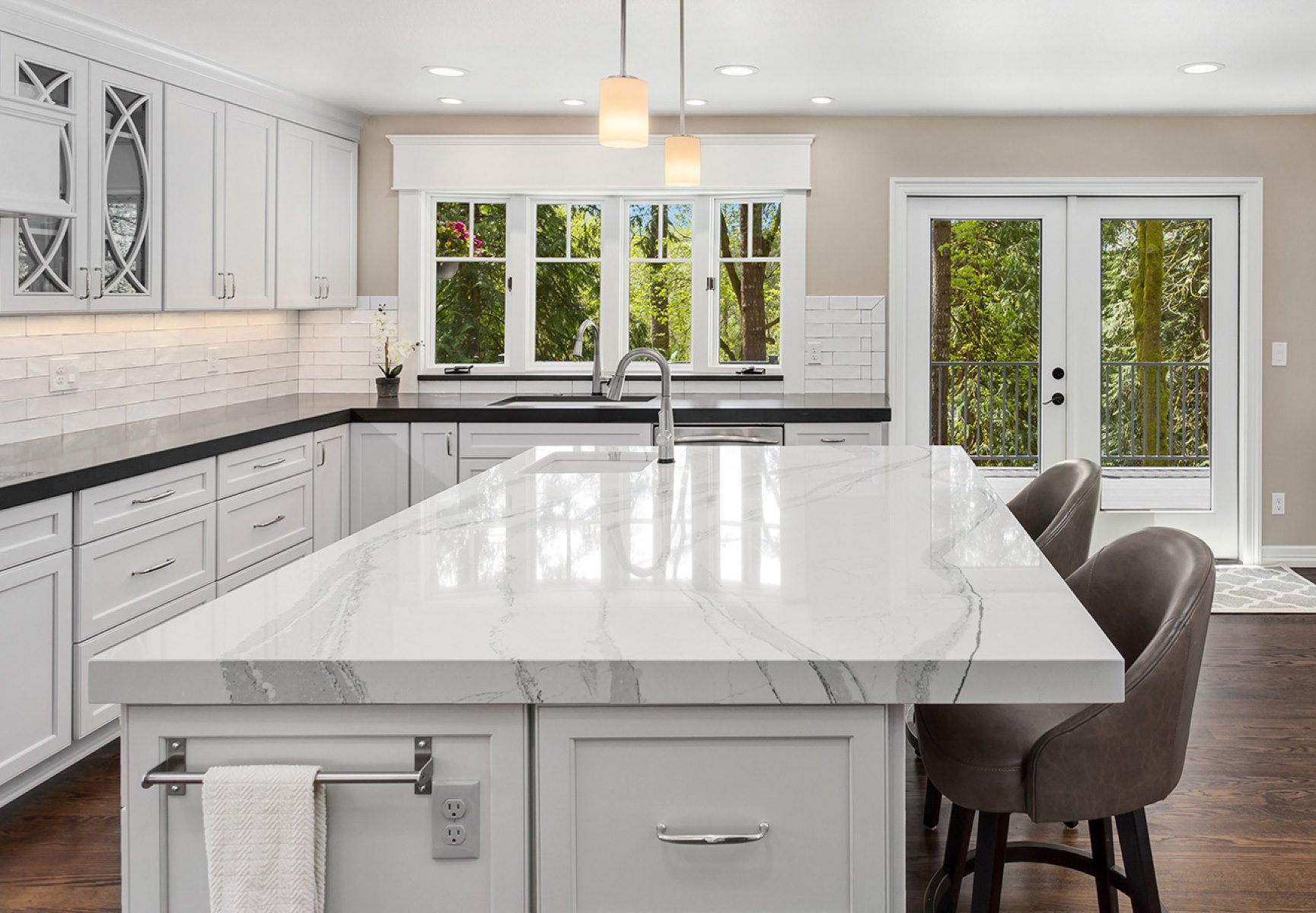
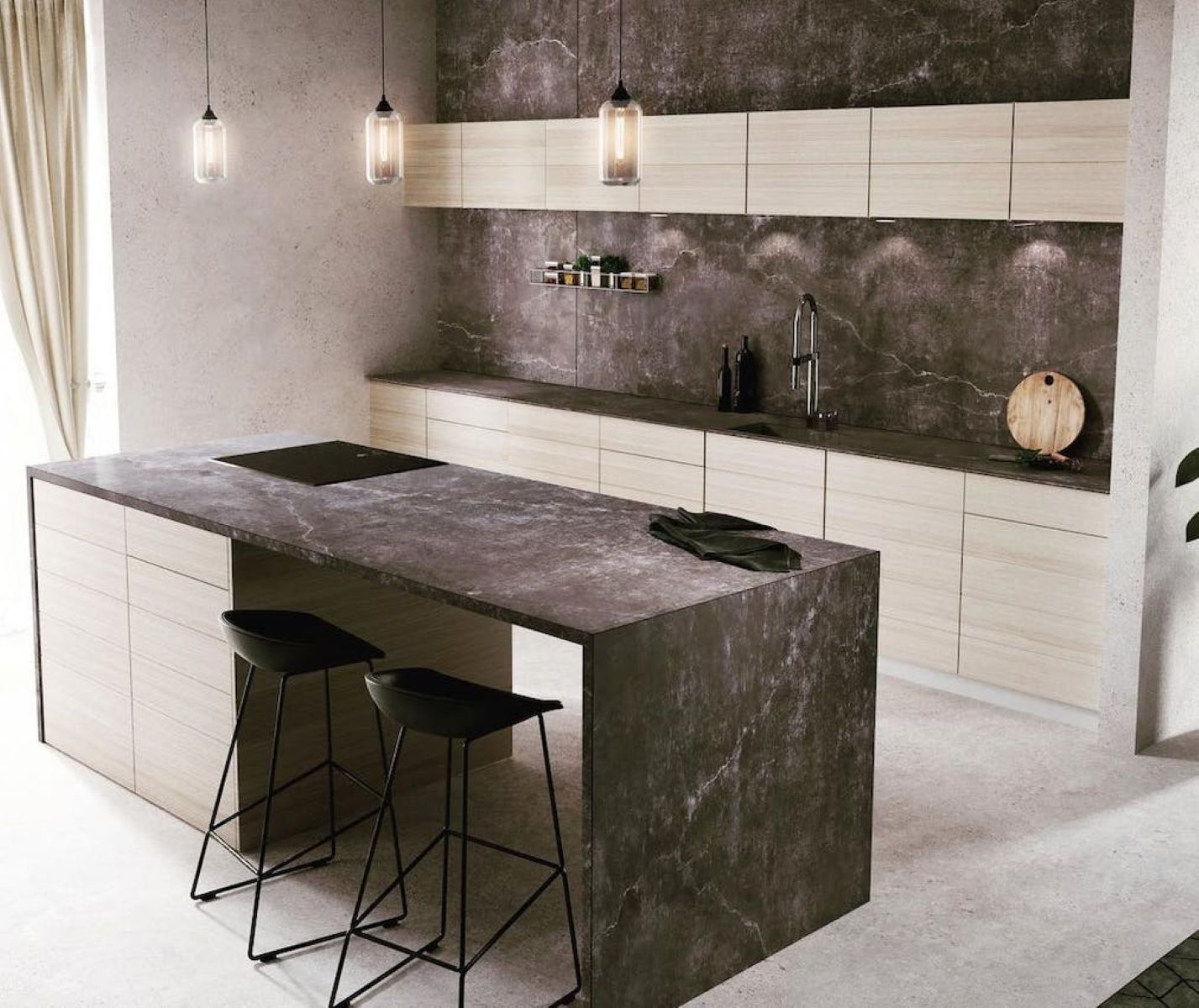
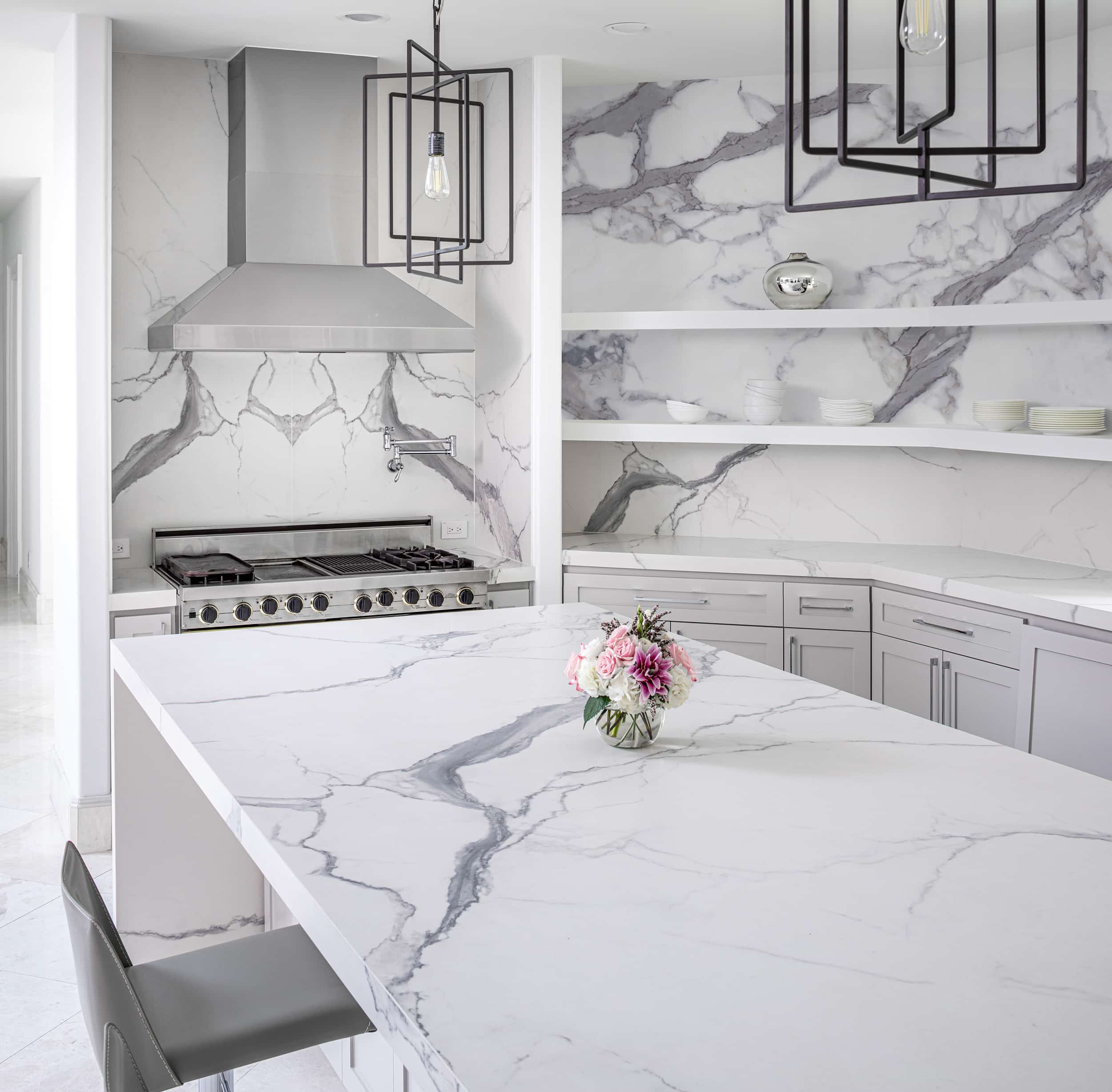
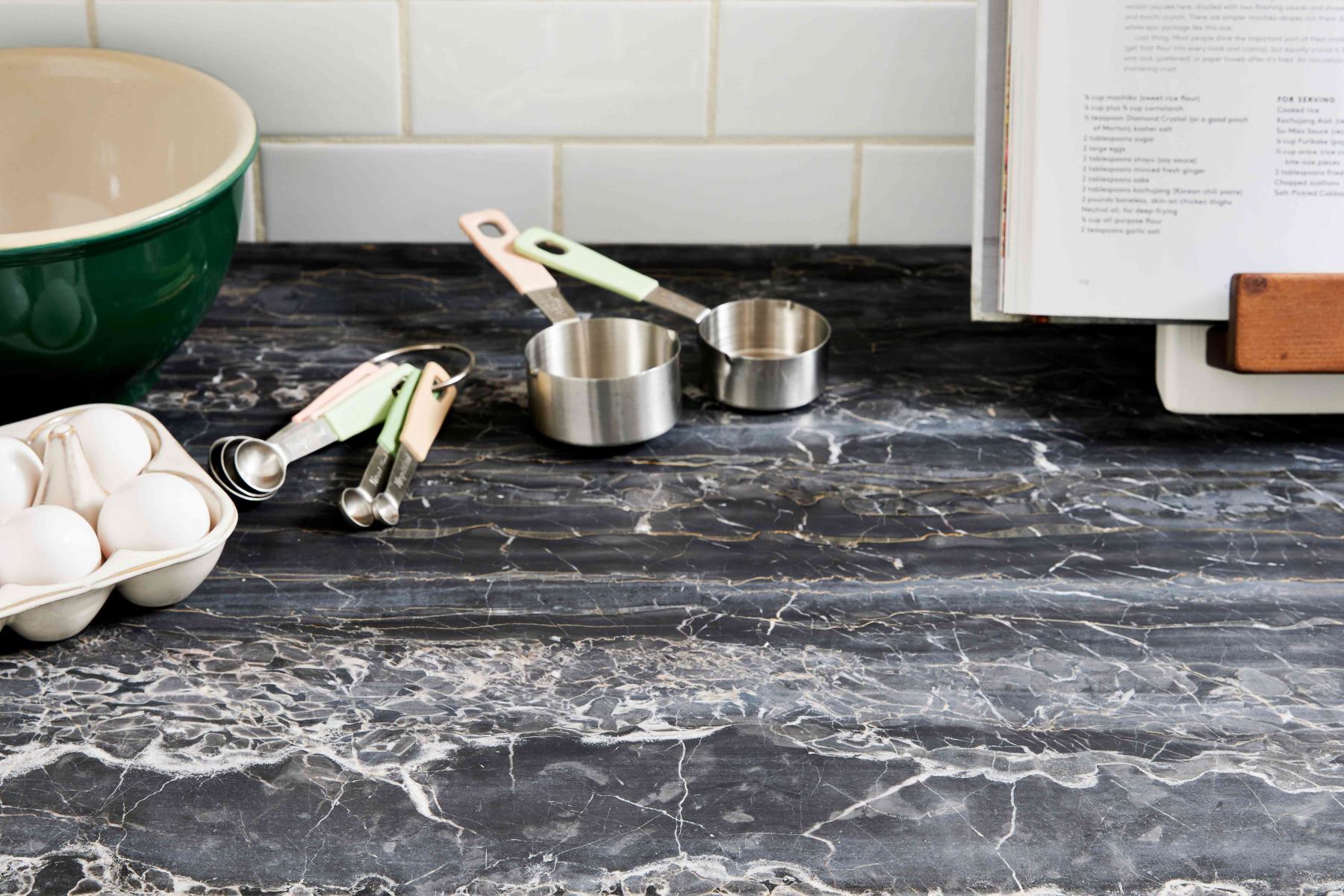
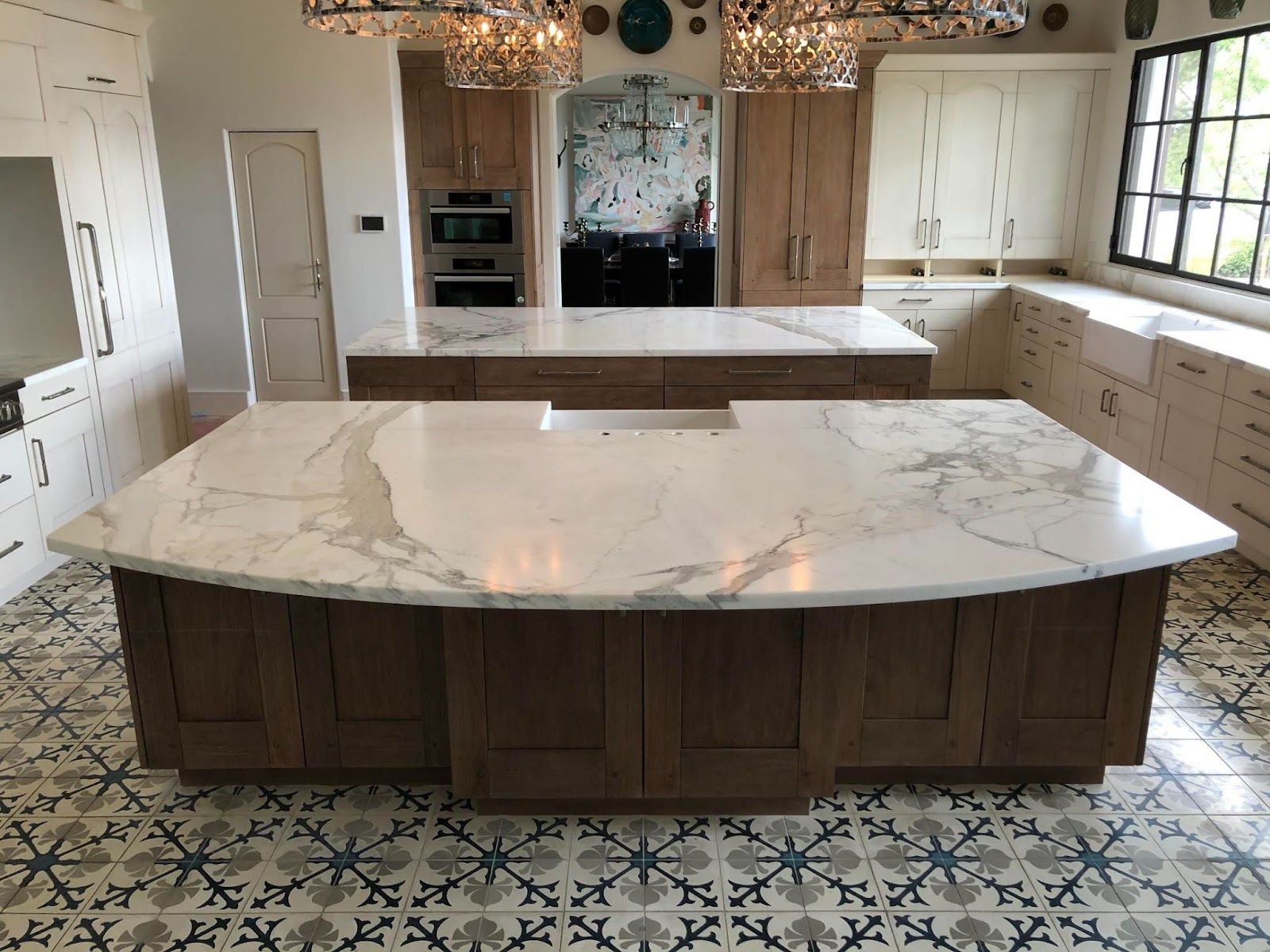
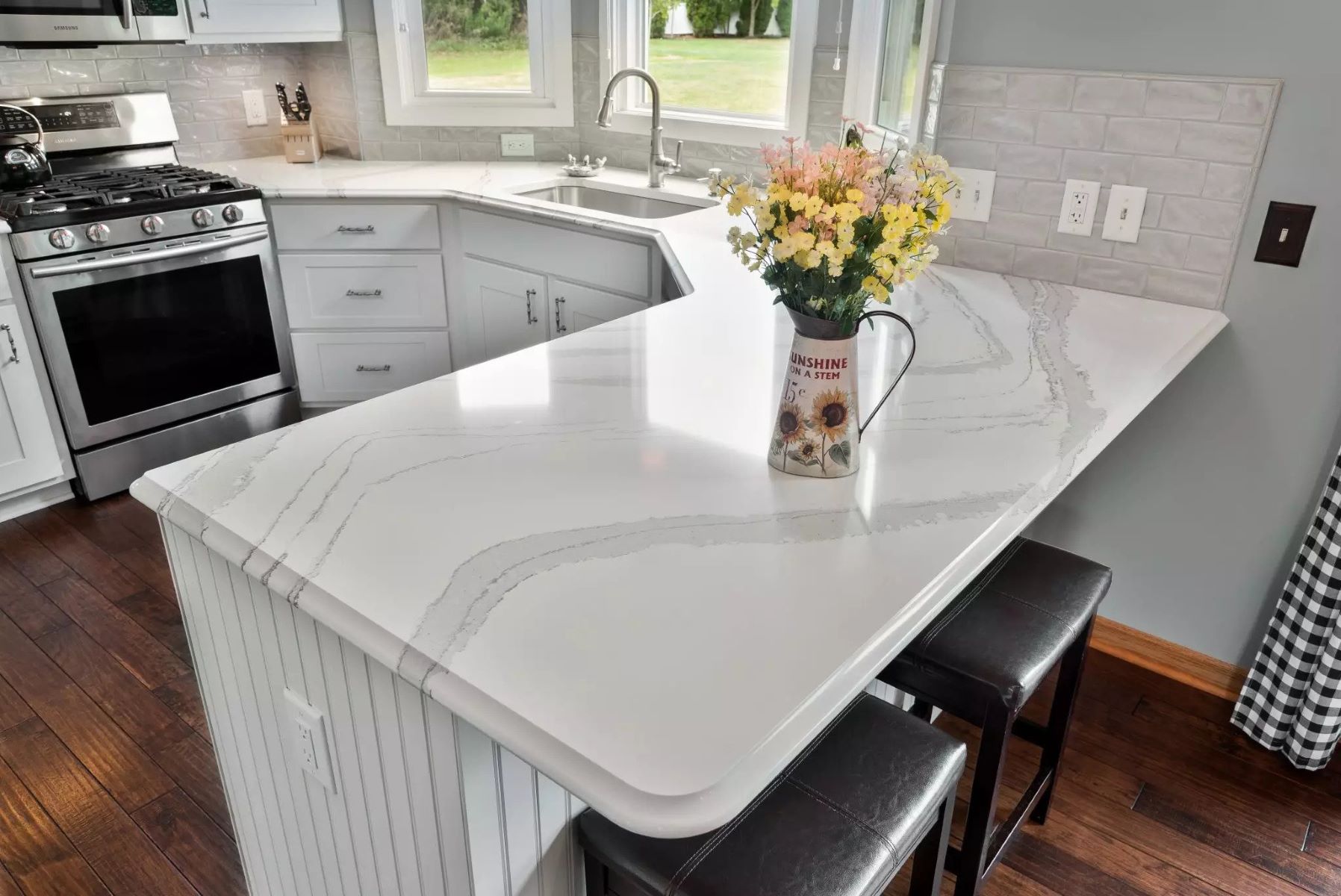
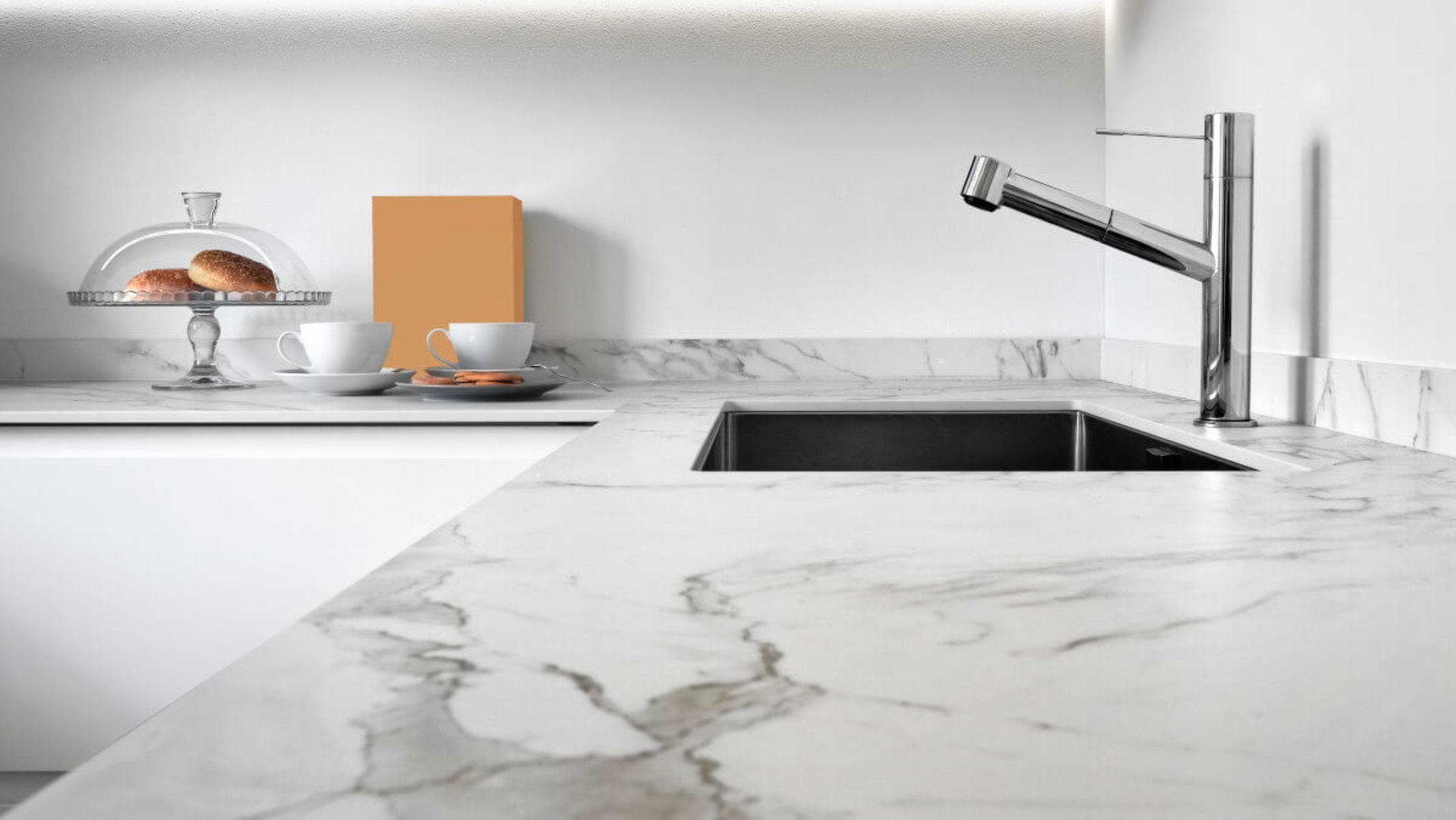
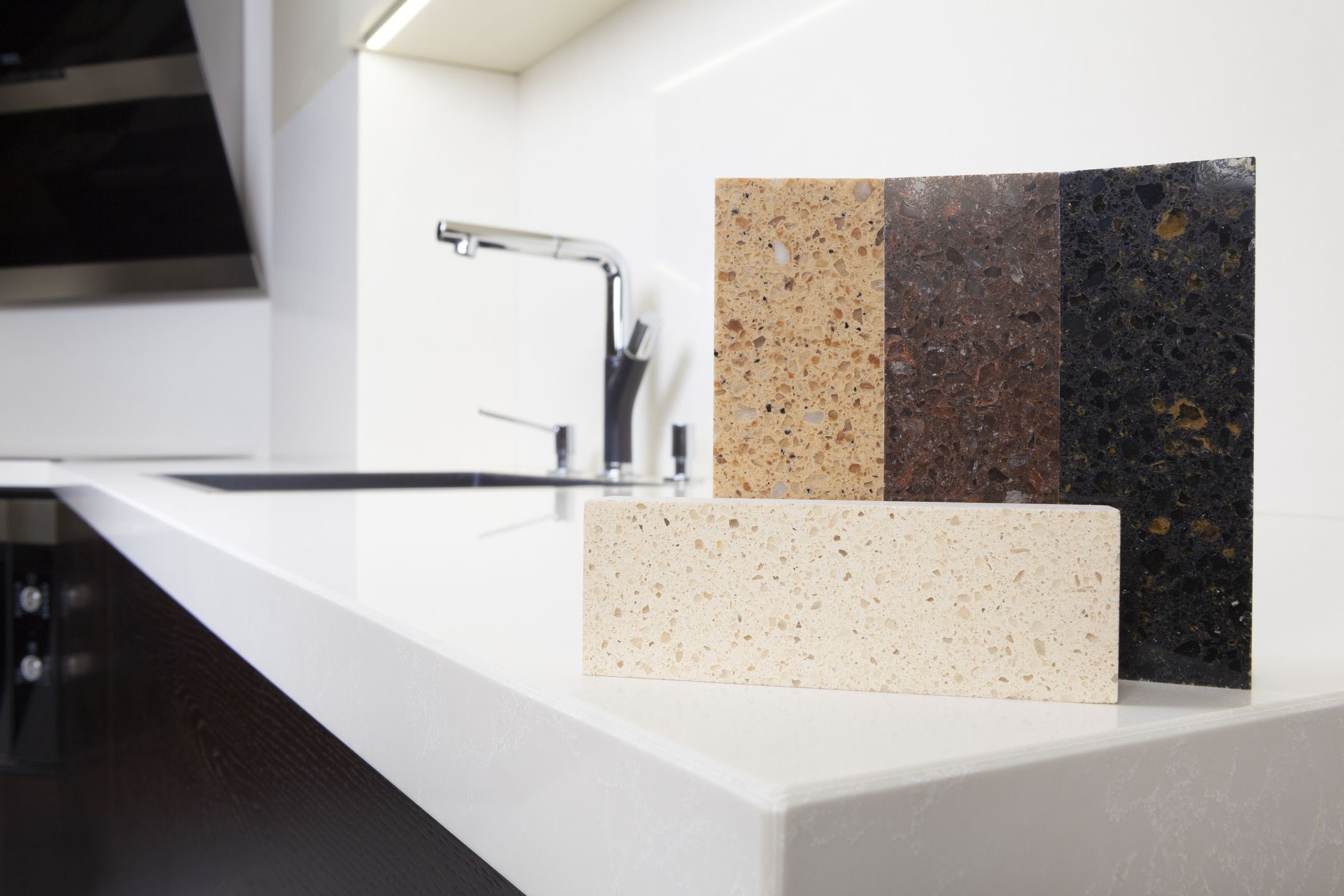
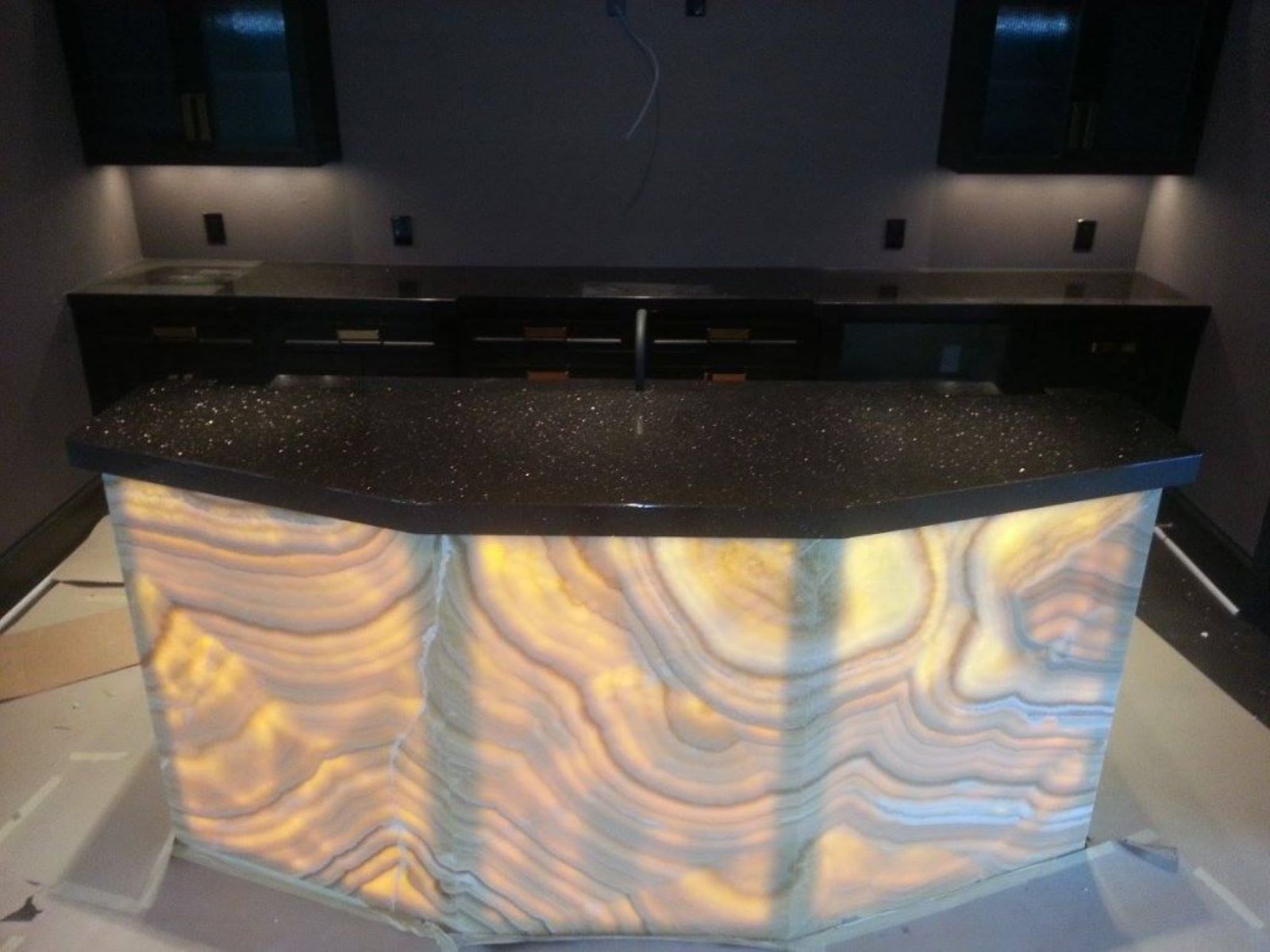
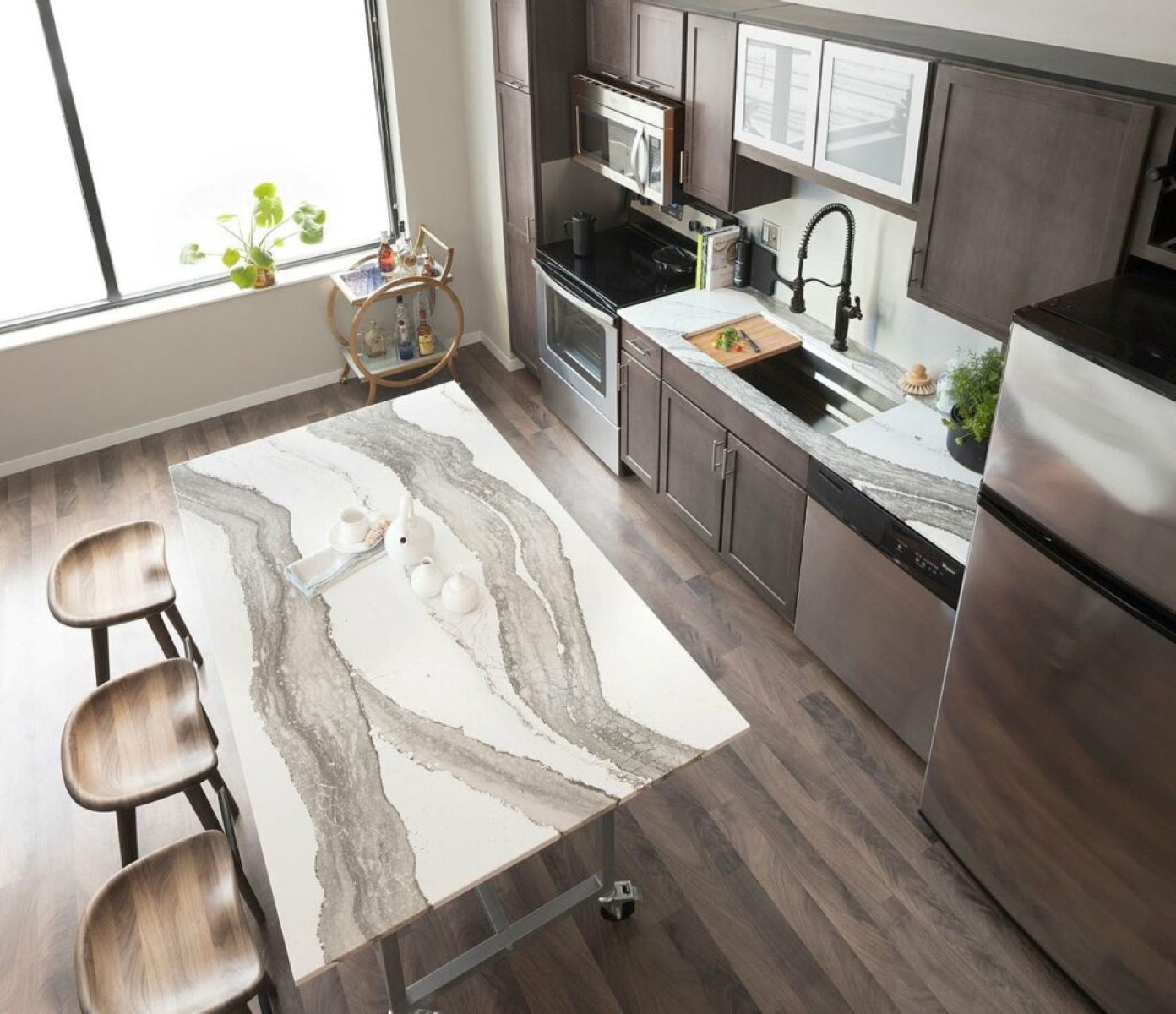
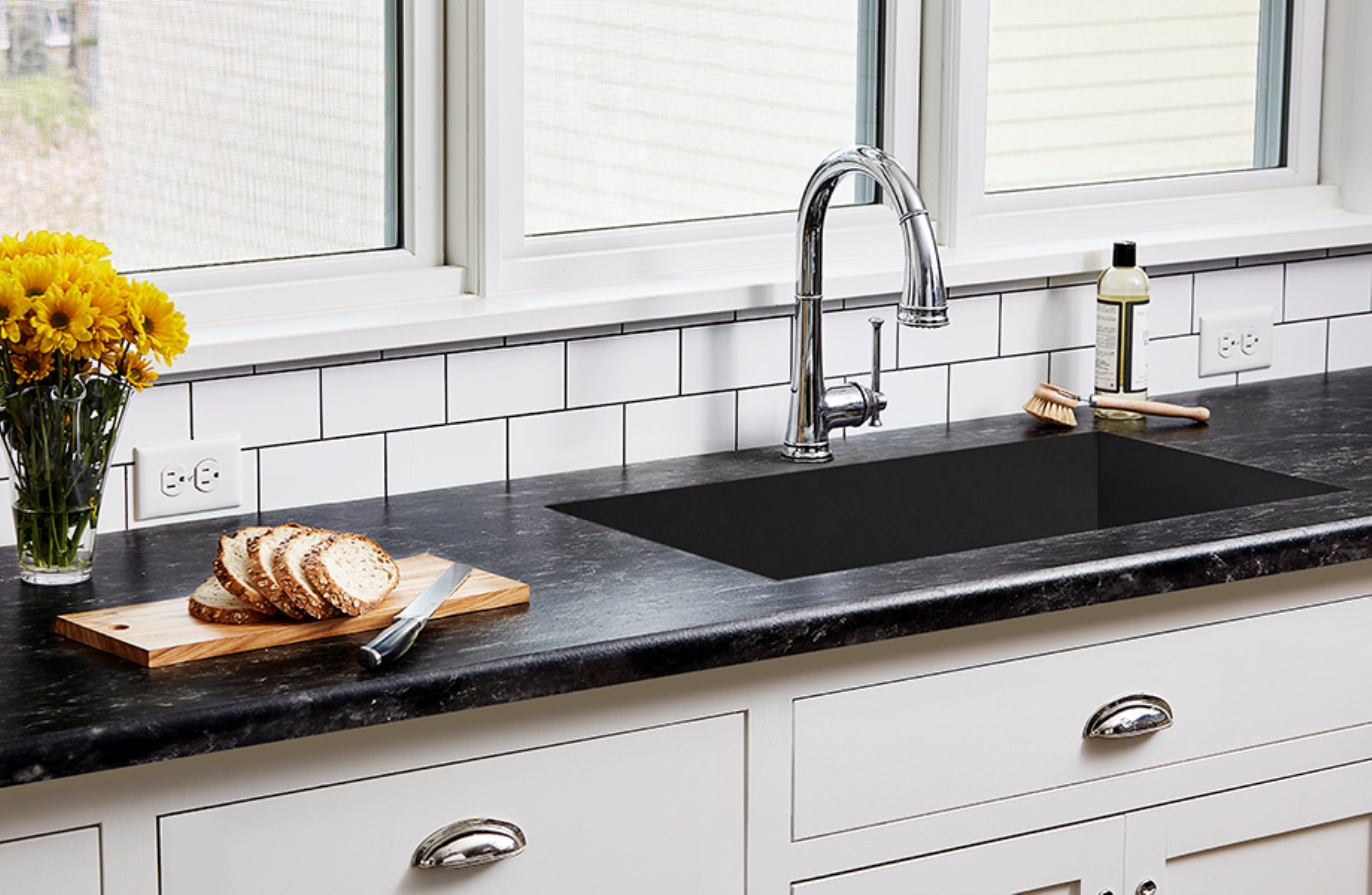
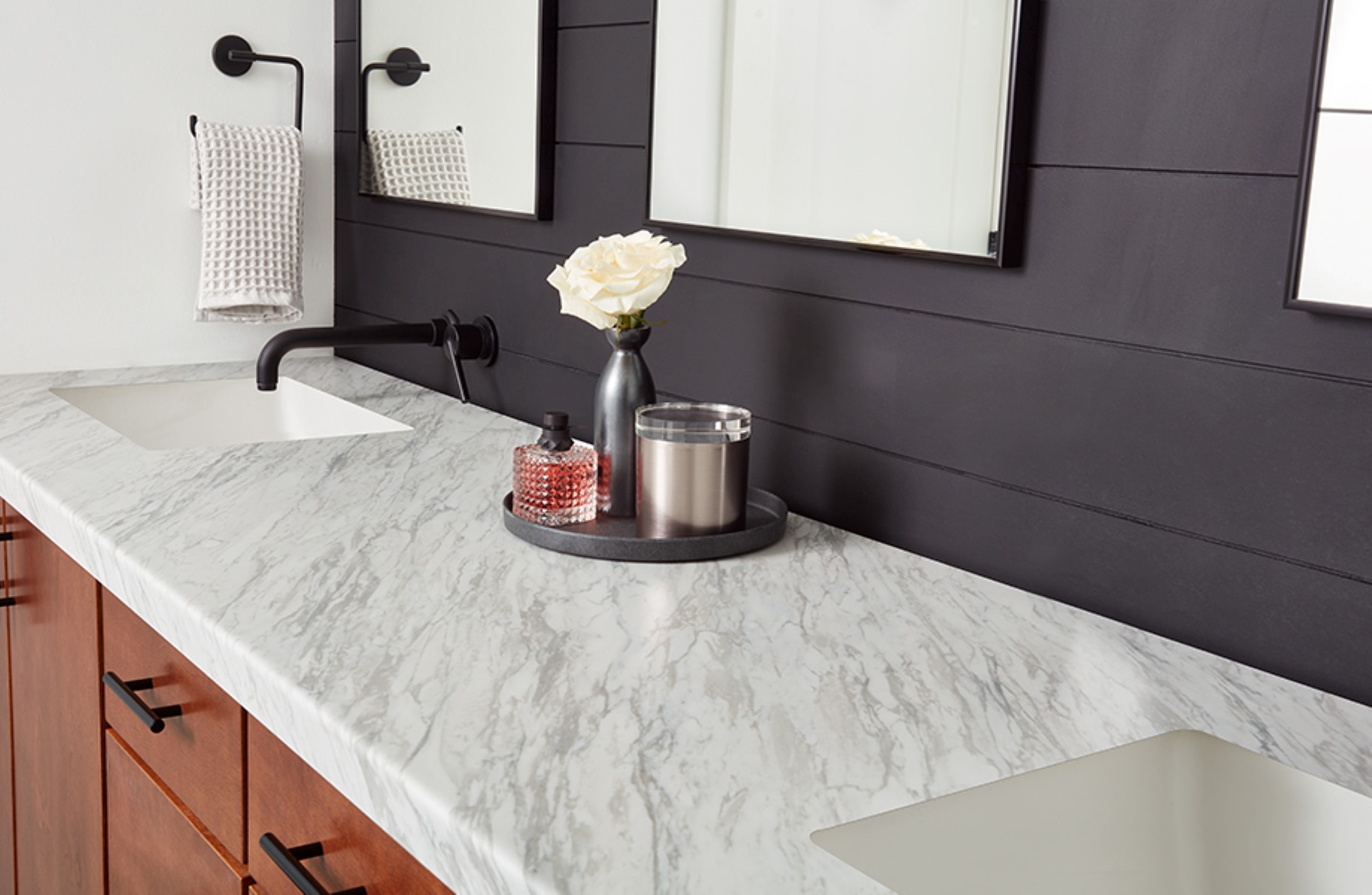
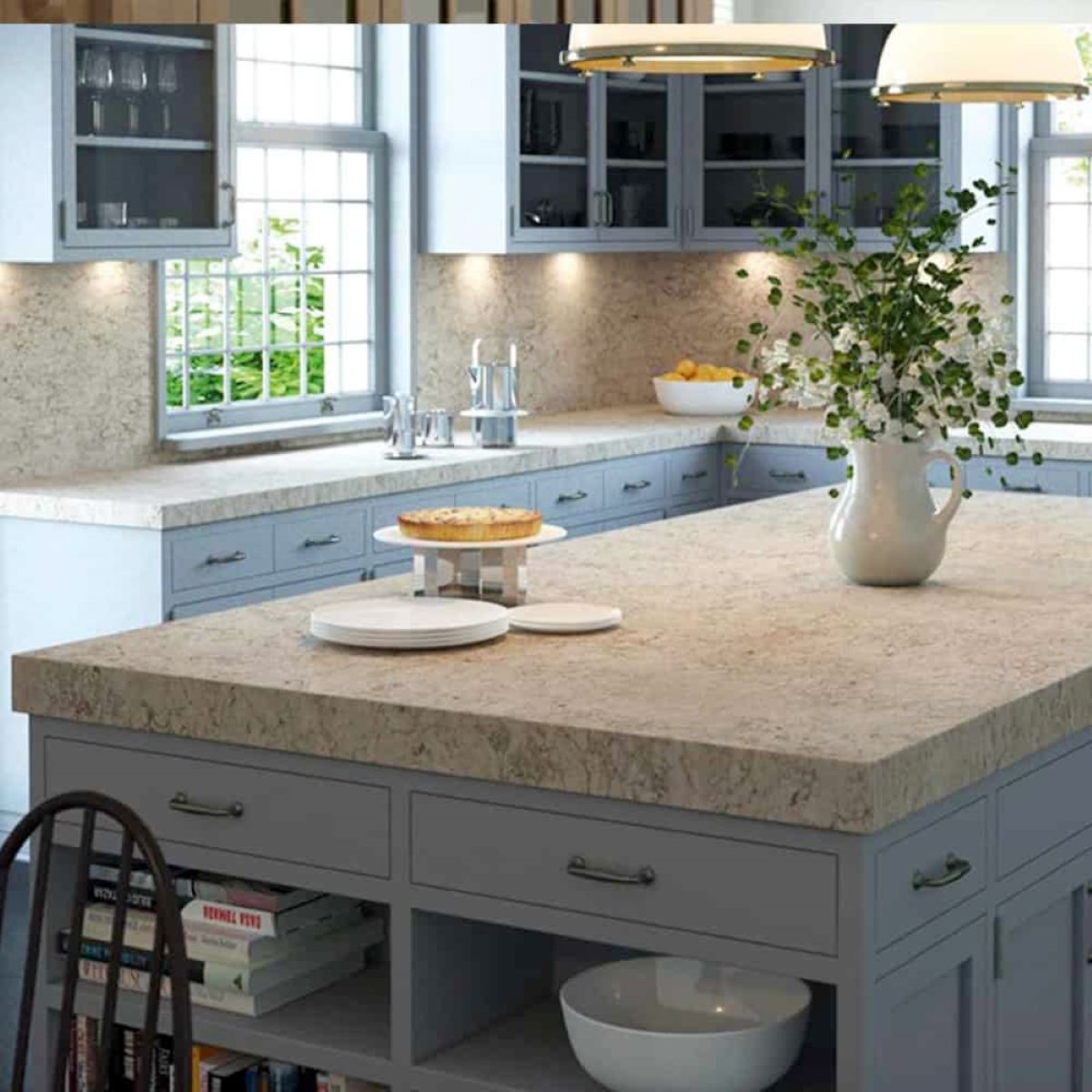

0 thoughts on “What Are Quartzite Countertops”